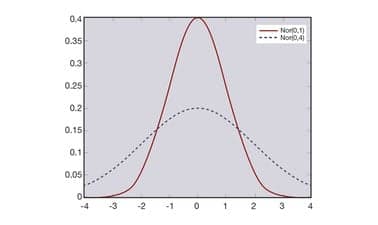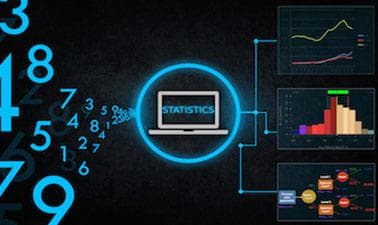GTx: Probability and Statistics II: Random Variables – Great Expectations to Bell Curves
This course discusses properties and applications of random variables. For instance, how many customers are likely to arrive in the next hour? What’s the probability that a lightbulb will last more than a year?

- Certification
- Certificate of completion
- Duration
- 4 weeks
- Price Value
- $ 249
- Difficulty Level
- Intermediate









